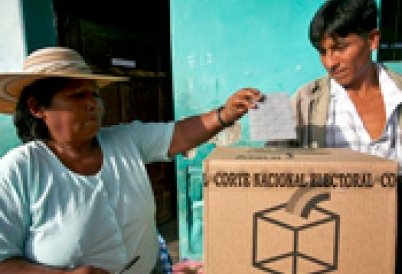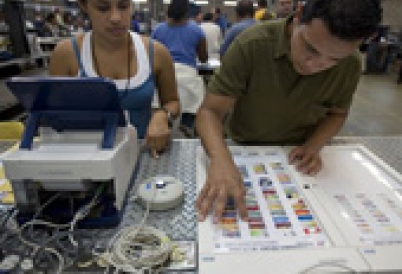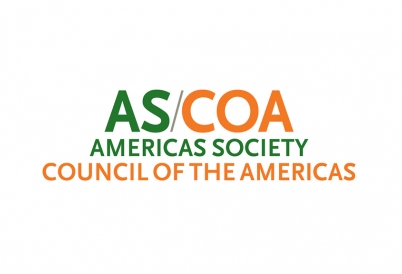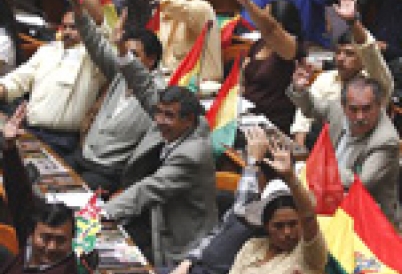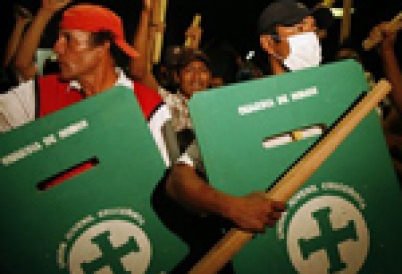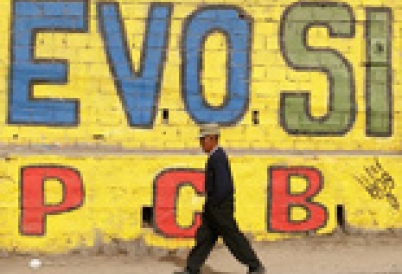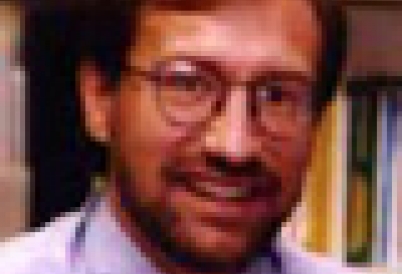Voters in Bolivia and Venezuela weigh in on their political futures. Bolivians voted in favor of a new constitution and Venezuelans soon determine whether their president can seek indefinite reelection.
In El Diario/La Prensa, Christopher Sabatini writes that the media inflated South America's leftward shift. Instead, election outcomes reflect the desire for pragmatic change similar to the one shown by the choice of Barack Obama for U.S. president. (en español)
One of the most important steps you can take, Mr. President-elect, is to support the movement toward inclusion that is breaking down centuries of discrimination toward indigenous peoples around our region. Read the full article in the Fall 2008 issue of Americas Quarterly.
After months of political turmoil, supporters of President Evo Morales and opposition leaders reached compromises on several areas of a draft constitution, which the electorate will vote on in a January referendum.
As violent clashes die down in Bolivia, concern remains over deep political differences between supporters and opponents of President Evo Morales. Meanwhile, the unrest coincided with a diplomatic tit-for-tat involving Bolivia and Venezuela against the United States.
President Evo Morales’ political mandate gained a boost through his victory in a recall vote. But protests promised by opposition leaders raise questions about bridging the country’s political divide.
In an AS/COA interview, Bolivia expert Eduardo Gamarra of Florida International University discusses the complex series of referenda taking place in Bolivia, explaining what is behind the political divisions affecting the country. Speaking about Sunday’s recall vote, Gamarra comments that, “The president is basically running a riskless election.”







